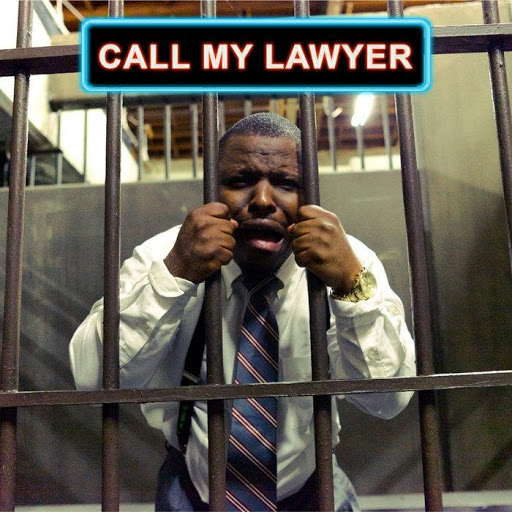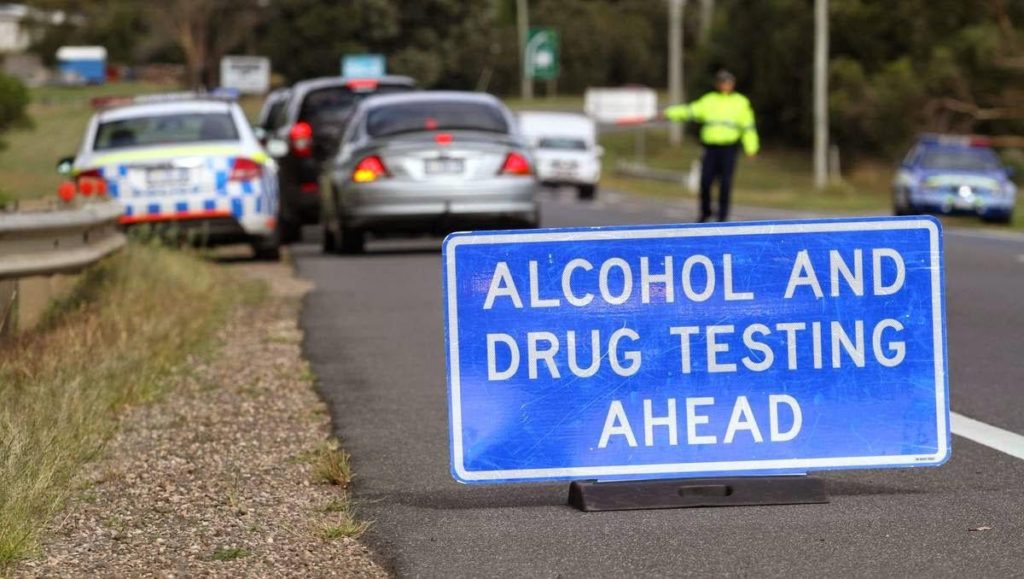Being pulled over for impaired driving or DUI can turn your world upside down in an instant. In cases where a detainee is accused of impaired driving as a result of drugs, police will conduct a Drug Recognition Evaluation (DRE). Given the power imbalance between detainee and police, the right to counsel is highly important before submitting to such tests. The question that often arises during the testing, is whether a secondary right to counsel should be afforded to a detainee during what is often a lengthy DRE investigation.

The application of R v Sinclair and the determination of if and when a secondary opportunity to speak with counsel is required is not a judicial exercise of categorical options. In the context of impaired investigations, a recent Ontario case provides strong appellate authority that the DRE screening process is not a change of jeopardy that require a secondary opportunity to contact counsel. DRE evaluations and bodily sampling are not unusual or unexpected in the context of an impaired investigation. The test does not extend the jeopardy contemplated on arrest for impaired offences. The DRE testing is well within the foreseeable directions of investigation known to counsel at the time of an initial consultation on an arrest for impaired driving offences and can be presumed to be covered in initial legal advice.
Essentially, if the lawyer you spoke with didn’t foresee a DRE test and sampling, you likely called the wrong lawyer. This is why it is so crucial to make sure you always get the best possible legal advice from a skilled impaired driving lawyer.
R v. Tahmasebi – The Appeal
A man drove his car into a stranger’s driveway and just remained there. For obvious reasons, the homeowner called the police. When police arrived, the driver was still in the vehicle, confused and drowsy. He told officers he pulled into the driveway because he was sleepy and wanted a nap. At some point during the conversation, the vehicle, which was never put into park, rolled back and injured a police officer. The driver was arrested for dangerous driving causing bodily harm.

the scene of the incident, the driver was given his right to counsel. Once they arrived at the police station, the driver told an officer that he was taking an opioid analgesic. As a result of this admission, the was arrested for impaired driving causing bodily harm and given his right to counsel.
The driver spoke with duty counsel for roughly 8 minutes.
After speaking with duty counsel, a Drug Recognition officer spoke to the driver and made a drug evaluation demand to which the driver acknowledged he understood. The evaluation was conducted and the officer opined that the driver was impaired. At that point he demanded a sample of urine. At that point, the driver asked to once again speak with the lawyer but was denied by the officer. The DRE officer indicated that the driver had already spoken with counsel and he would not have a second opportunity. As a result, the driver refused to provide a sample of urine and was charged with refusing to provide a sample.
At trial, the driver argues that his section 10(b) right to counsel was violated by not being allowed to call a lawyer a second time when the demand for urine was made. The trial judge dismissed the application and the driver was convicted.
Not satisfied with the trial judge’s decision, the driver appealed.
The Court of Appeal considered the standard set in Sinclair regarding the trigger for a constitutional obligation for a second consultation with counsel. In Sinclair, the Supreme Court of Canada, confirmed that the need to consult is directly related to the choice the detained person must make about whether to cooperate with police.
Where there is a “change in circumstances that suggests that the choice faced by the accused has been significantly altered”, a further opportunity to consult may be required to allow for meaningful legal advice.
Circumstances for Re-Consultation With a Lawyer
There are generally three circumstances in which the re-consultation right is triggered:
- Where there is a change in the seriousness of the matter under investigation resulting in a change in jeopardy;
- Where there is a non-routine procedure proposed by police (eg. Polygraph test)
- Where police determine that the detainee has not understood the right to counsel or that advice was undermined by police
DRE Demand is Not a Change of Circumstance
The Ontario Court of Appeal determined that the DRE demand and demand for urine samples are not a change of circumstance.
In order to be a change of circumstance, there needs to be a change in the purpose of the investigation. In this case, it was an impaired driving investigation. The possibility of a refusal was always a possibility in the normal course of an impaired investigation and did not increase jeopardy.
The Court refused to create a new category of constitutional obligation to offer re-consultation in impaired sampling demands. The demands and sampling procedures are not a new and emergent situation and are entirely foreseeable in impaired investigations.
Cory Wilson is a criminal defence lawyer based in Calgary. If you have been charged with a criminal offence or are a suspect in a criminal investigation, call today for a free, no obligation consultation.
